
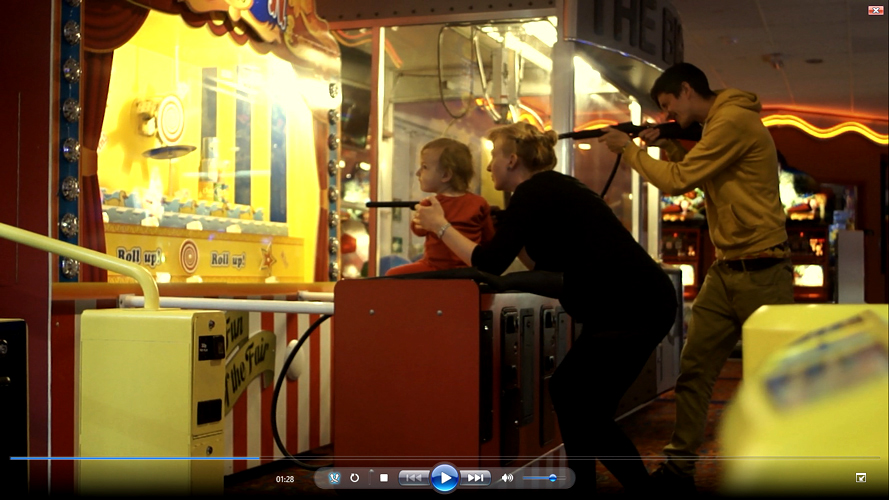
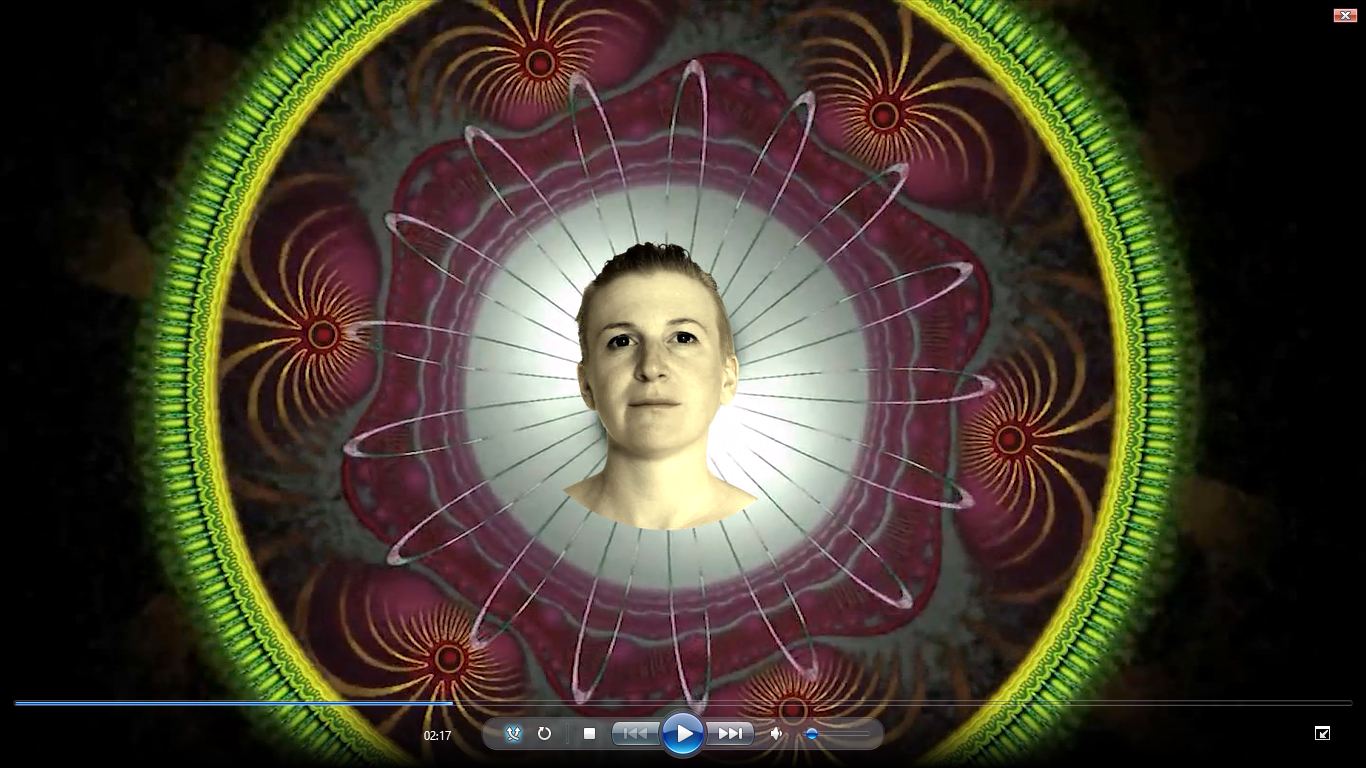
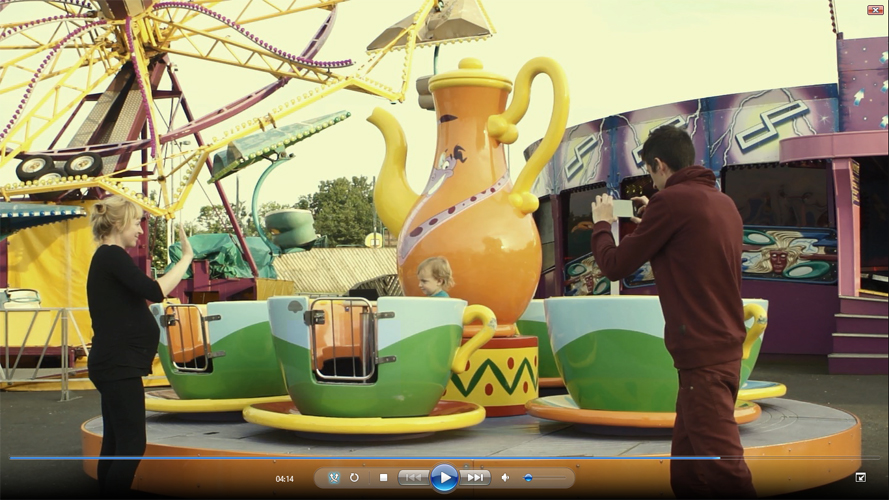
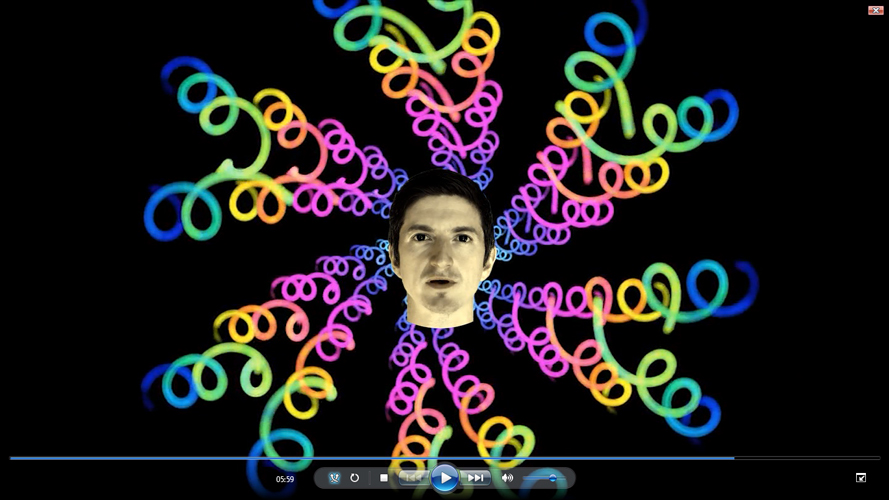
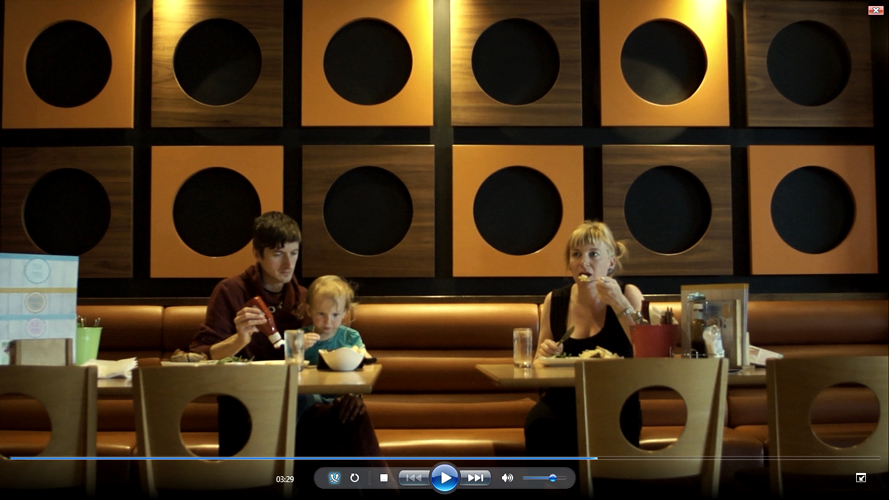

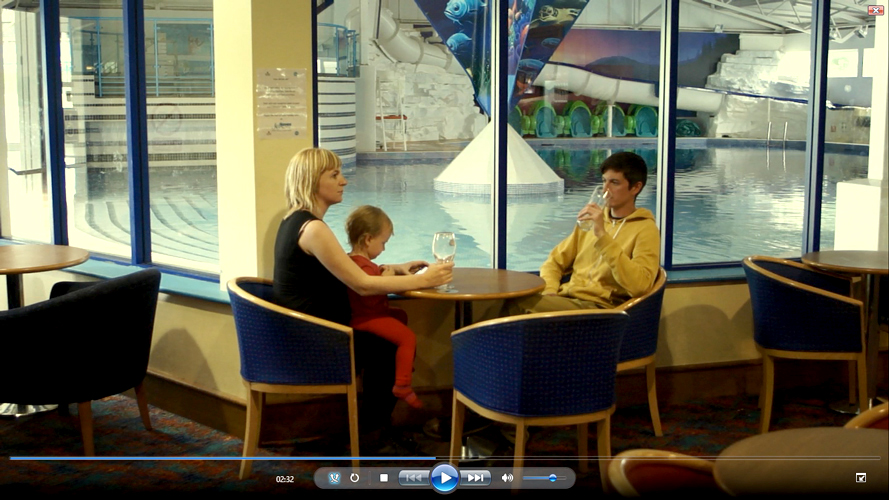
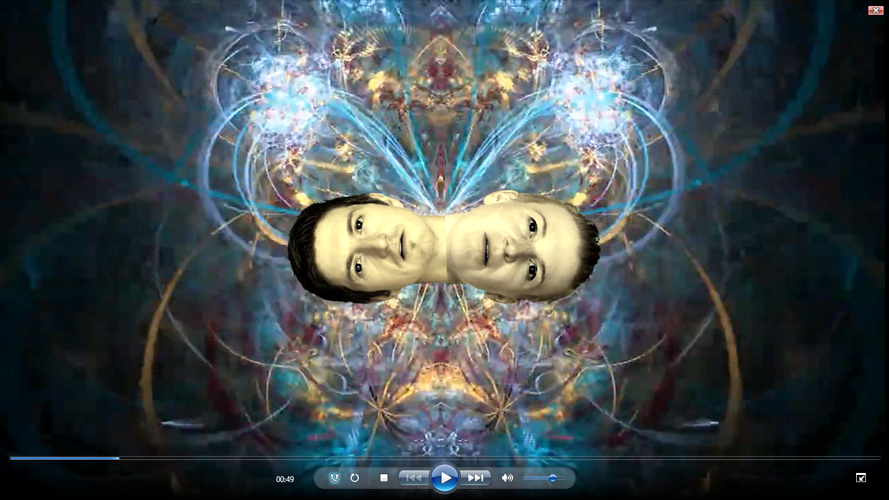
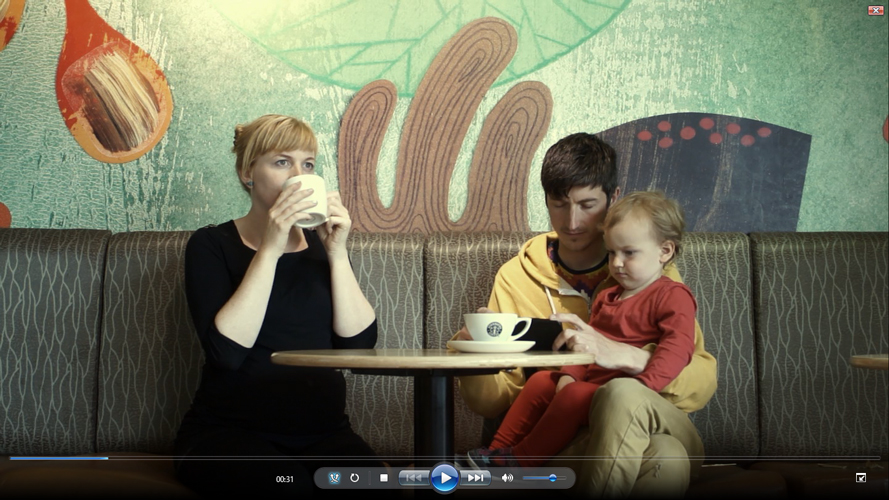
Echoes at Kuenstler Haus, Dortmund, Germany 2015-16
About the exhibition:
Following on from an International residency programme in Linz, Austria, 2009 this exhibition, Echoes, revisits the work of some of the artists involved, exploring the legacy of the residencies and how it is reflected in the artists' current work, ideas and activities.
Description of work:
Two screen looping video installationOne video shows pregnant woman, man and child in spaces created for 'free time', the other video features spoken lines of political rhetoric adapted from the 2015 UK election, and famous pop song lyrics about 'free time'.
Further Information:
-Visit the künstlerhaus Dortmund websiteContext:
Class War
Since the beginning of the capitalist crisis in 2008, conflict over austerity has been at the centre of a war of ideas. In the UK, right-wing politicians and media have attempted to promote austerity through divide and rule tactics. On one side 'hard working families' or 'strivers' are upheld as the saintly victims of a conspiracy by the underclass; on the other side the economically disadvantaged (immigrants, refugees, single parent families, the disabled, the unemployed) or 'skivers', are portrayed as parasites living a life of luxurious decadence financed by the taxes paid by the 'hard working families'.You're working every day for the weekend
'Free time' is an illusion, it must be earned and it must also be spent.Contemporary society engages its members primarily as consumers; only secondarily, and partly, does it engage them as producers. To meet the social norm, to be a fully-fledged member of society, one needs to respond promptly and efficiently to the temptations of the consumer market; one needs to contribute to the 'supply-clearing demand' and in case of economic trouble be part of the 'consumer-led recovery'. Zygmunt Bauman, Work, Consumerism and the New Poor, 2005